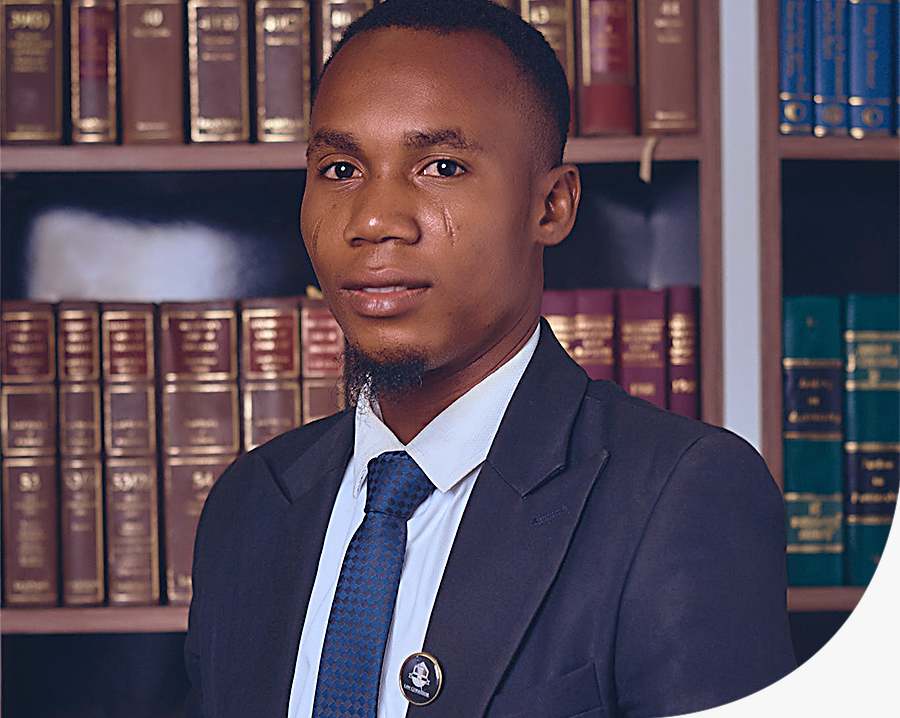Abuja – A legal expert, Sunday Adebayo, Esq., has raised concerns over the increasing use of defamation laws to silence bloggers, content creators, and social media users in Nigeria, warning that freedom of expression must not be undermined under the guise of enforcing defamation laws.
In a legal commentary titled “Freedom of Expression and the Law of Defamation in Nigeria: A Legal Appraisal of the Double-edged Sword,” Adebayo noted the rising number of arrests and detentions over social media posts, particularly involving criticisms of public figures and government officials.
He argued that while freedom of speech is a constitutional right, it must be balanced against the protection of individual reputations. However, he cautioned that the application of criminal defamation laws must be restrained and not wielded as a tool for intimidation.
“Freedom of speech is one of the fundamental cornerstones of every democratic society,” Adebayo stated. “However, it is not an absolute right and must be exercised within the bounds of the law, especially when it affects the rights and reputation of others.”
READ ALSO: Obi drags Deji Adeyanju to court over alleged defamation
He cited Section 39 of the 1999 Constitution, which guarantees freedom of expression, as well as Article 9 of the African Charter on Human and Peoples’ Rights. However, he also referred to the legal definition of defamation, which includes any false and unprivileged statement that injures another’s reputation when published to a third party.
According to Adebayo, Nigerian law recognises both civil and criminal defamation. Civil defamation allows for claims of damages and public apology, while criminal defamation—provided for under Section 375 of the Criminal Code and Section 391 of the Penal Code—can lead to imprisonment.
The lawyer further pointed to Section 24 of the Cybercrime (Prohibition, Prevention, etc.) Act, amended in 2024, which criminalises online messages that cause harassment, inconvenience, or reputational harm.
While acknowledging the need to protect citizens from false accusations, Adebayo stressed that criminal prosecution should only be considered where there is a clear imputation of crime or a threat to public peace.
He expressed concern that the threat of arrest and prosecution has become a means for powerful individuals to suppress opposing views, particularly from ordinary citizens.
“Defamation should not be a weapon of oppression in the hands of complainants, mostly influential and powerful individuals, against innocent citizens whose voices they do not want to hear in the media,” he said.
READ ALSO: Court grants Scott Iguma bail in PWAN defamation suit
Adebayo also criticised the involvement of law enforcement agencies in civil matters, saying it is unconstitutional for the police to arrest and detain individuals over non-criminal defamation.
“Law enforcement agencies are not legally empowered to interfere in civil disputes between private citizens,” he warned. “Unjust arrests and detentions under the guise of investigating defamatory statements may constitute a violation of constitutional rights.”
He praised states like Lagos, which have decriminalised defamation, and called for broader legal reforms to protect both freedom of expression and the right to reputation.
Adebayo concluded by urging caution and legal guidance in defamation-related disputes, stressing that the courts, rather than the police, remain the proper forum for resolving such matters.



